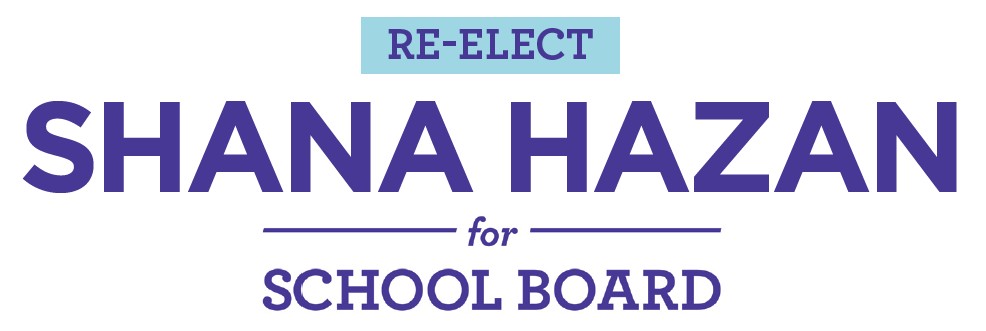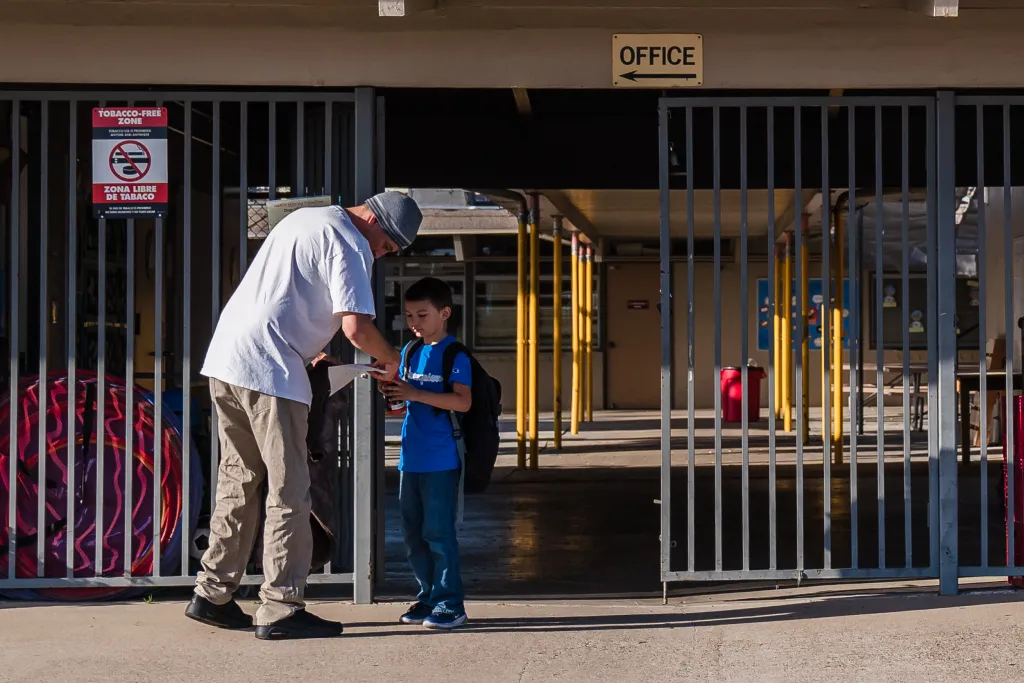As a working mom, Shana Hazan has long recognized the critical importance of ensuring every family has access to safe, reliable, high-quality and no/low-cost childcare at their child’s school. She recently spoke to Voice of San Diego about her work on the school board to significantly increase the number of children served through San Diego Unified’s no-cost PrimeTime program before and after school.
In the article Trustee Hazan explained, “Everybody should have access to after-school care. Period.” Since 2022, when Hazan joined the school board, San Diego Unified has more than doubled the number of students served by it’s Primetime program — from about 6,000 to more than 12,000 by Spring 2025.
In Spring 2025, Hazan advocated to state legislators to provide significantly expanded funding at the beginning of the new school year to provide free afterschool care to every child that needs it. Thanks to this advocacy, the district will receive more than $30 Million to expand its PrimeTime program and connect all families to the no-cost care they need.
“This is going to be really transformative. Even beyond the financial implications of families of having extra dollars in your pockets, it’s the mental relief that comes with not having to worry about ‘What is my child’s going to do in the afternoon?’ and ‘Do I need to leave work at lunch to pick up my kid?,’” Hazan said. “When families aren’t experiencing that stress and that mental load, parents can show up more fully for their kids.”
Hazan is already gaming out the long-term impacts – and possibilities – of this increase in care. She wants to ensure providers are working to leverage the extra time spent with kids to provide educationally focused activities that can enrich students’ experiences – whether they be arts or STEM focused.
She’s also setting her sights on an even longer-term goal. Hazan said her dream is to partner with some academic partner who could potentially perform research that can better inform policymakers about the impacts access to free child care has for working families.
Does it help students academically? What’s the financial impact on families? How does it reduce stress for parents?
“Because I think it does all these things — and we need to be really thinking about this as a high-impact strategy that could be universal, not just across the state, but across the country.”


